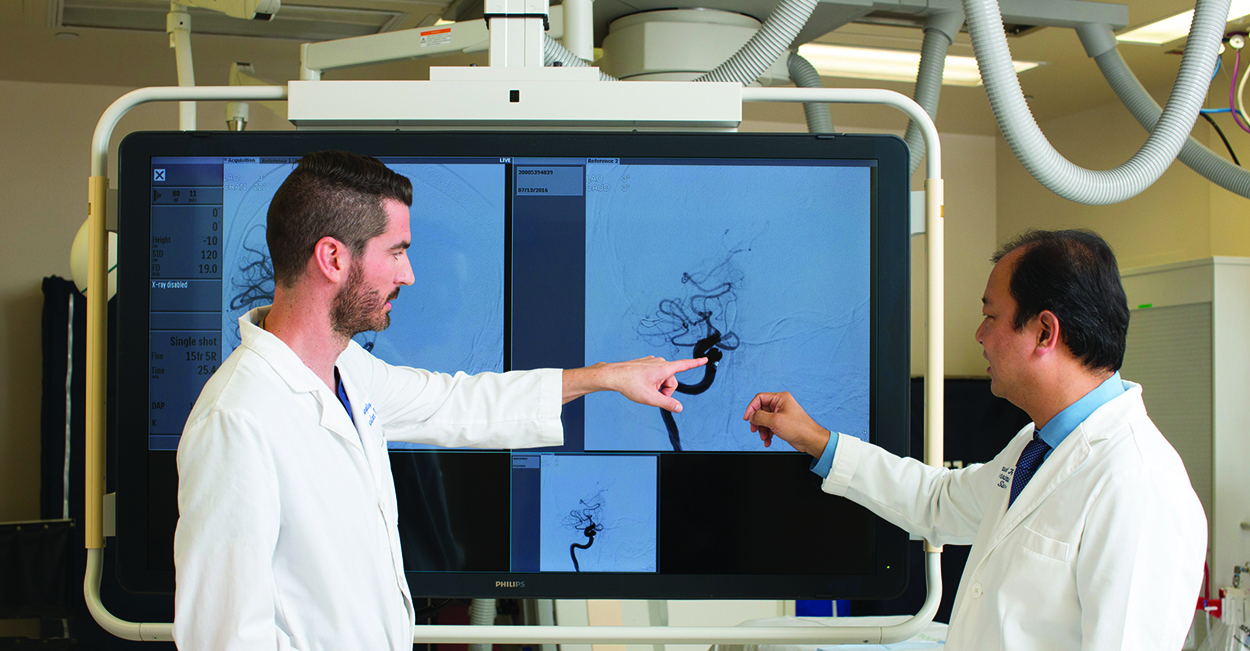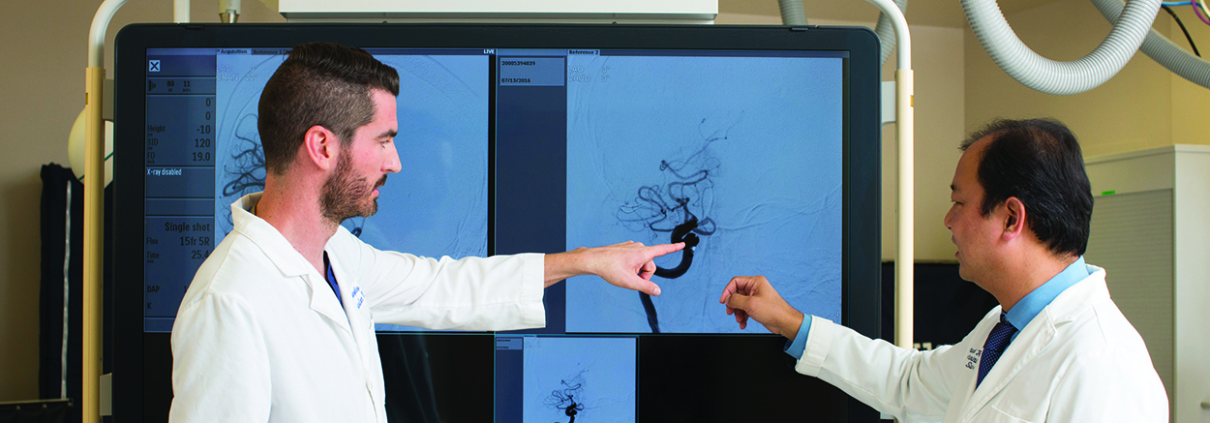More Microvascular Complications Raise Heart and Death Risk in Diabetes, reveals study

The researchers have discovered that the increase in microvascular complications in individuals who have type 2 diabetes greatly raises their risk of cardiovascular events and mortality. The results highlight the importance of early intervention and individualized management in patients with poly-microvascular complications, since such patients are at significantly increased risk of heart attack, stroke, and all-cause mortality. The study was published in Diabetes Research and Clinical Practice by Chun-Ta Huang and fellow researchers.
4,527 people with type 2 diabetes took part in the study. Participants were divided into groups according to how many microvascular diseases they had:
-
Group 0: no microvascular complications
-
Group 1: one microvascular complication
-
Group 2: two or more microvascular complications
The main outcome that was measured was a composite of three severe health events: stroke, myocardial infarction (heart attack), and death. Participants were followed up for a median of 3.3 years by researchers to monitor these events.
Key Findings
A clear dose-dependent association was shown by the study between the amount of microvascular complications and severe health outcomes:
-
13.07 per 1,000 person-years for Group 0
-
22.98 per 1,000 person-years for Group 1
-
35.52 per 1,000 person-years for Group 2
-
Group 2 patients experienced the greatest risk of a primary outcome with a hazard ratio (HR) of 1.73 and a 95% confidence interval (CI) of 1.16–2.59 when compared to patients without microvascular complications.
When the analysis is performed for particular secondary outcomes:
-
The risk of stroke was considerably greater among Group 2 patients (HR: 2.61; 95% CI: 1.19–5.73)
-
The risk of myocardial infarction also rose in Group 2 (HR: 1.67; 95% CI: 1.03–2.70)
Overall, the occurrence of more than one microvascular complication in type 2 diabetic patients drastically increases the risk of stroke, myocardial infarction, and mortality. This Taiwanese experience highlights the need to recognize and treat microvascular diseases at the early stages of diabetes. A focused, preventive approach may lower the burden of macrovascular disease and enhance long-term outcomes in this high-risk group.
Reference:
Chun-Ta Huang, Chiao-Ya Chan, Ming-Chieh Tsai, Shih-Ming Chuang, Sung-Chen Liu, Ming-Nan Chien, Chih-Yuan Wang, Horng-Yih Ou, Chun-Chuan Lee,
Microvascular diseases predict mortality and cardiovascular events in type 2 diabetes: A retrospective cohort study,
Diabetes Research and Clinical Practice,
2025,
112356,
ISSN 0168-8227,
https://doi.org/10.1016/j.diabres.2025.112356.



